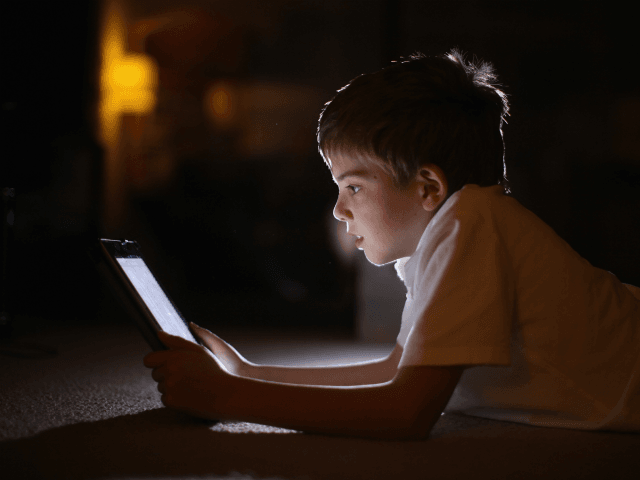Charlene Doak-Gebauer, author and expert on digital safety for children and families, said that during the coronavirus outbreak, children who are sequestered inside homes and using devices more than usual are at higher risk for exposure to pornography and online predators.
“Children are being given too much ownership for their decisions, particularly online,” Doak-Gebauer said in a report published on the EIN Presswire website. “An eight-year old has little choice as to what to have for dinner, and yet they are supposed to make the right choices while communicating online.”
“They lack the life skills and maturity to do so effectively,” Doak-Gebauer said. “We have to supervise on digital devices.”
EIN Presswire reported on what Doak-Gebauer said about online safety:
The Internet has provided a “virtual buffet” for predation, by unknowns, but also peers and “peer victimizers.” Peer victimizers are the fastest growing group of predators, and can be the most damaging. Too often children have sent nudes in confidence to a “friend,” only to find their pictures have been broadcast throughout a school and a community. This causes anxiety, depression, suicide, and other emotions.
“With today’s apps and digital devices, one nude picture in a school of 1,000 can circulate within minutes, less than an hour,” says Doak-Gebauer. “We are all fearful of COVID but we have to remember our children online. Police have warned they are listening to the chatter among predators. Predators are bragging about how easy it is to access their prey online – our children.”
Therapists are seeing children as young as six years old who have pornography addiction issues. The pandemic crisis and the possible long-term effects of online negative experiences, has given Doak-Gebauer an even greater determination to help parents and caregivers in their challenges to protect children online.
Doak-Gebauer said her “theory of digital supervision is necessary for online child and family protection,” according to her website.
She has written several books on the subject.
“Too many adults are unaware their family is affected because of the sophistication of predators on the Internet with their children,” Doak-Gebauer said.
Follow Penny Starr on Twitter.

COMMENTS
Please let us know if you're having issues with commenting.